Uganda unveils nuclear energy strategy
The Government of Uganda has developed a comprehensive nuclear strategy to advance its energy agenda as part of its broader national development efforts.
This development was announced during an IAEA Technical Cooperation Expert Mission on Nuclear Stakeholder Engagement and Outreach Strategy, held in Kampala from April 8 to 11.
In her remarks at the event, Dr. Patricia Letho, Assistant Commissioner for Communications and Information Management at the Ministry, and Permanent Secretary in the Ministry of Energy and Mineral Development (MEMD), said:
We have developed a draft Nuclear Stakeholder Engagement and Outreach Strategy for Uganda 2026-2031.
She added:
This strategy will address key issues related to stakeholder engagement, one of the 19 critical infrastructure issues identified by the IAEA and essential to the development of our nuclear power program.
Ms. Batebi said, “We look forward to insights and practical recommendations from IAEA experts on effective engagement strategies and communication practices. Your expertise will be invaluable in improving our stakeholder engagement framework, enhancing public understanding, and fostering broader acceptance and participation in the nuclear energy program.”
She affirmed Uganda’s commitment to international best practices in stakeholder engagement and pledged to continue cooperating with the IAEA and other partners.
She added, “The Government of Uganda, through the Ministry of Energy, Minerals, and Environment, remains fully committed to implementing international best practices in stakeholder engagement in nuclear energy and pledges to continue working closely with the IAEA and other partners to build strong, transparent, and inclusive communication channels that ensure the success of Uganda’s nuclear program.”
She also highlighted the peaceful applications of nuclear energy:
“We also promote nuclear energy for peaceful purposes, with educational and energy benefits.
There is improved technology on how to operate a nuclear plant, and we are taking all these health and safety measures into consideration.”
She also highlighted the peaceful applications of nuclear energy:
"We also promote nuclear energy for peaceful purposes, with benefits in health, education, and power generation, which is what we are mostly interested in. It's also a clean source of energy; you just have to manage it well in terms of the scale it covers and the proximity to the people. We are also starting our first project in Bwindi."
Uganda's journey towards nuclear energy began in earnest in November 2024 with the appointment of Currie Consultants Limited to implement the Resettlement Action Plan for the Bwindi Nuclear Power Plant at Kasato Hill in Buyanga Sub-County.
The country has consistently affirmed its commitment to the peaceful use of nuclear science and technology to drive development in sectors such as health, agriculture, water management, industry, and power generation.
The government plans to develop a national electricity generation capacity of 52,481 megawatts, of which 24,000 megawatts is expected to come from nuclear power. This goal is part of Uganda's Vision 2040 and Energy Policy 2023.
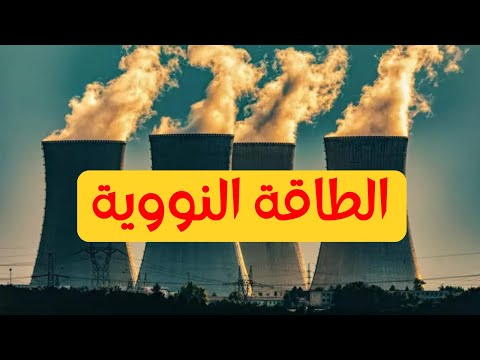



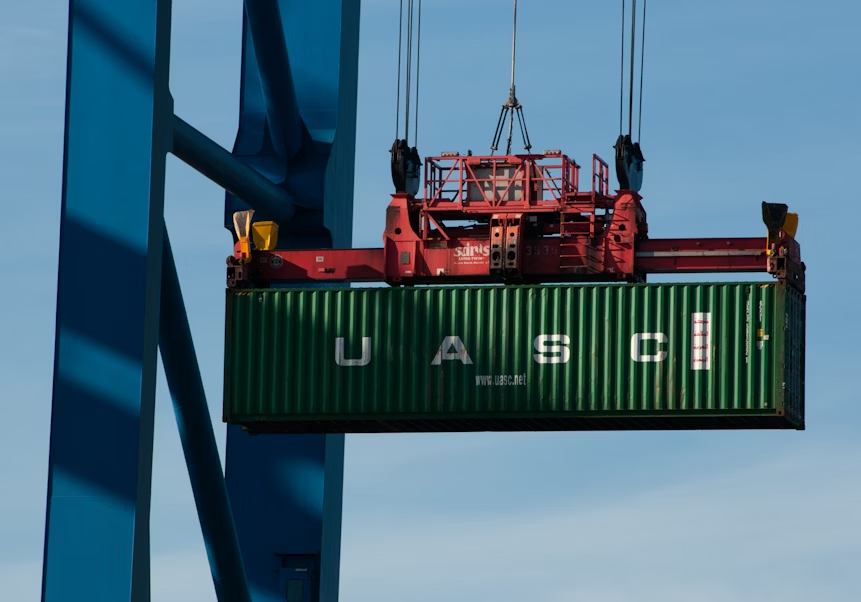
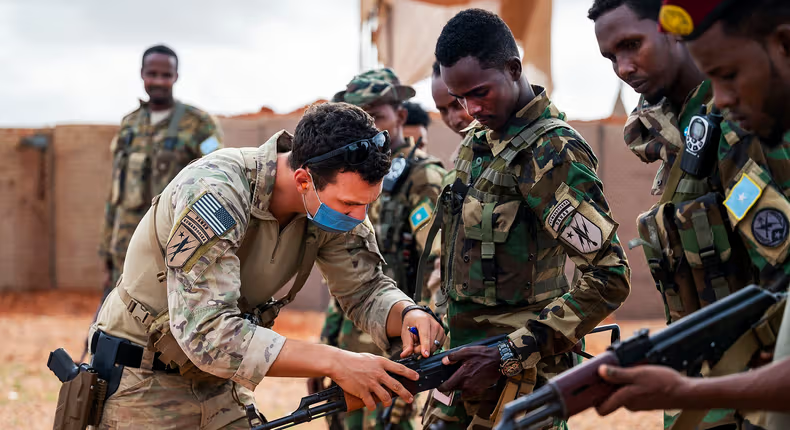

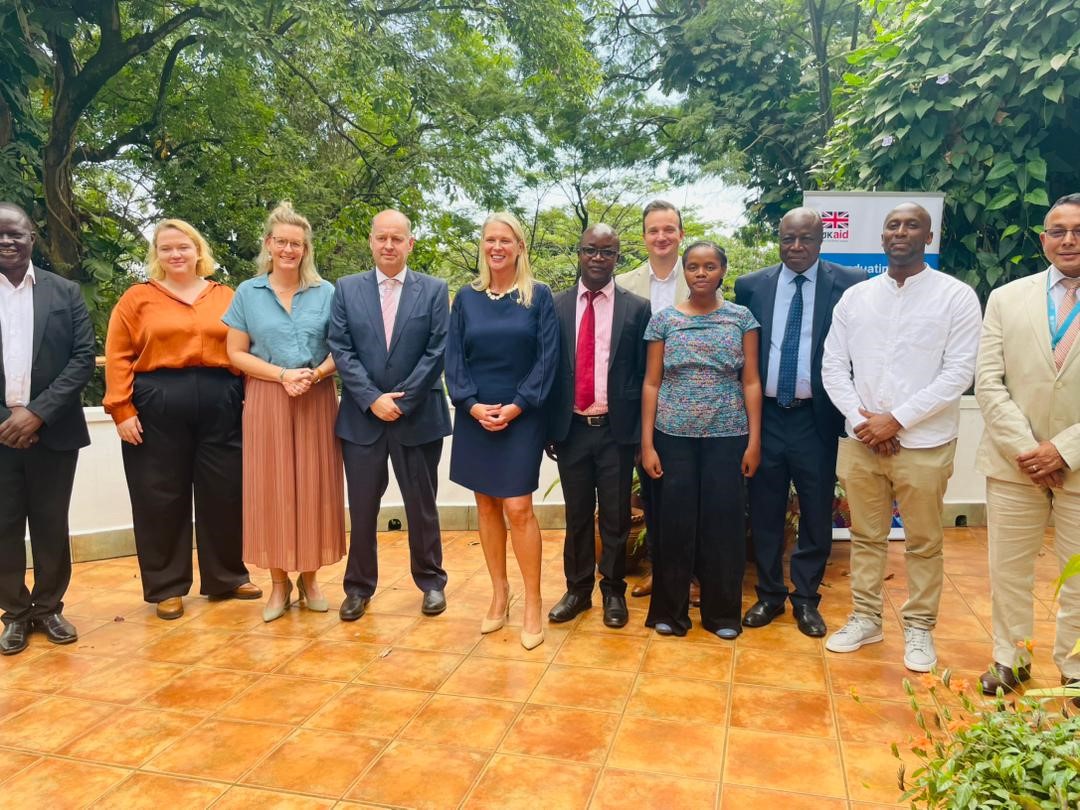
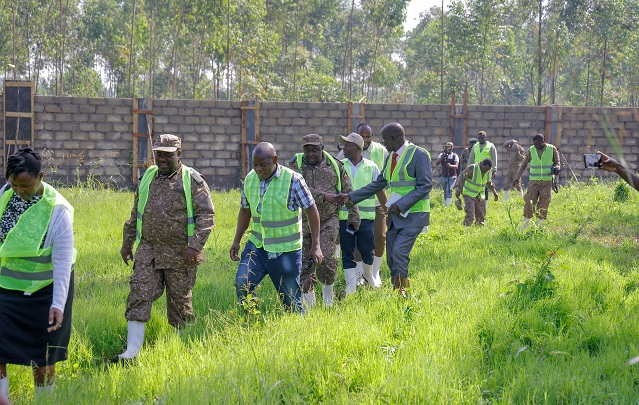
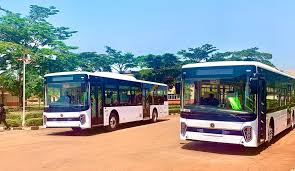
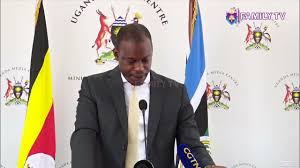
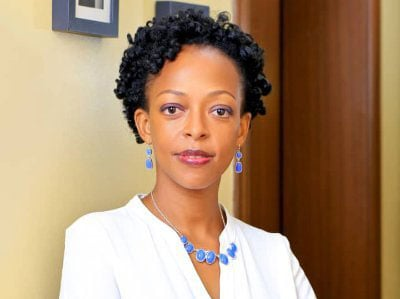


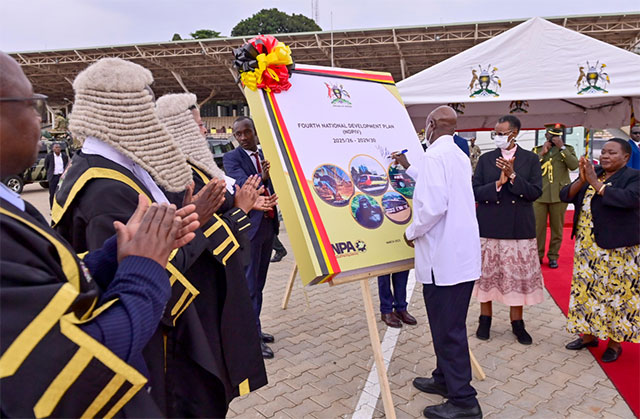
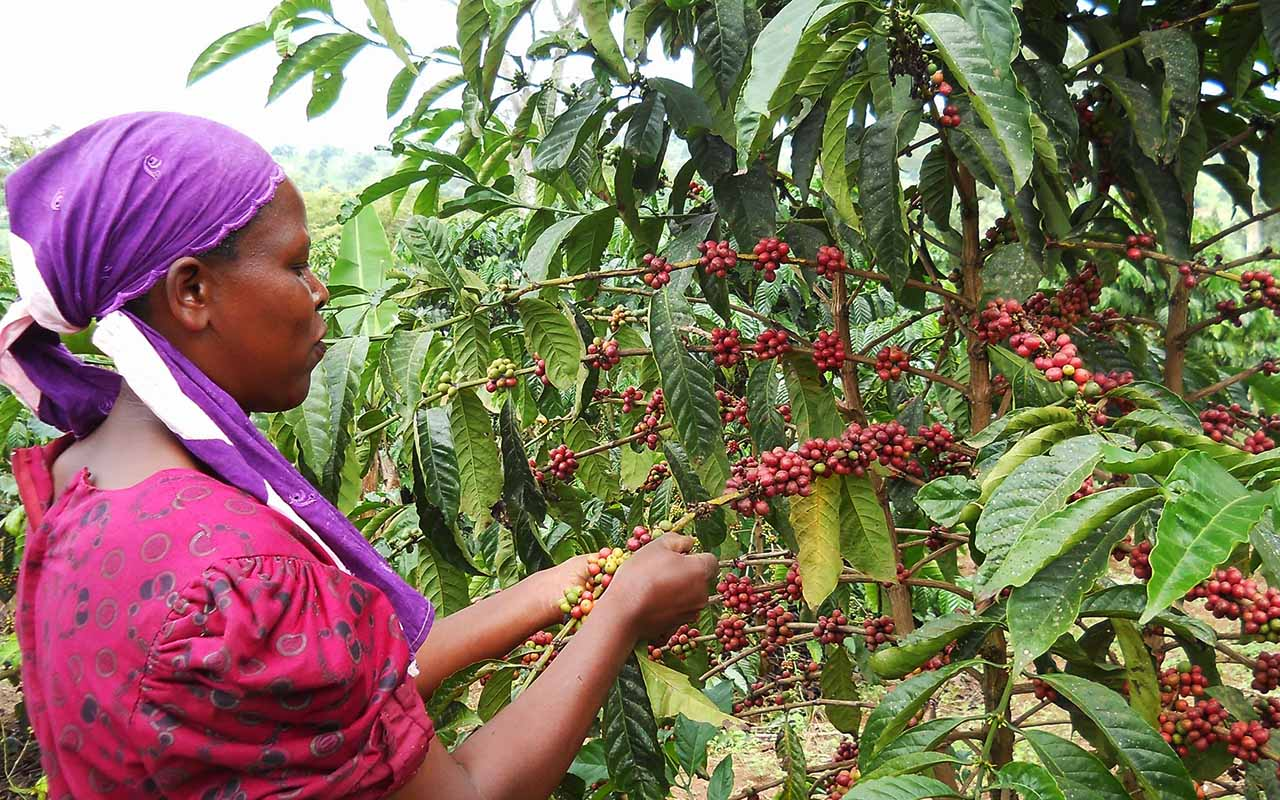
Comments
0 commentsNo comments yet. Be the first to comment!
Be the first to share your opinion about this article!
Add Comment